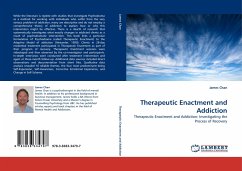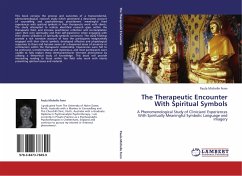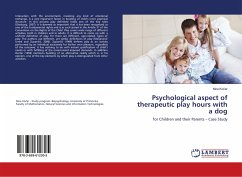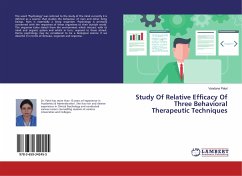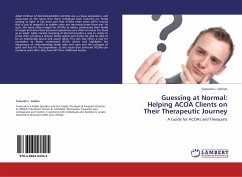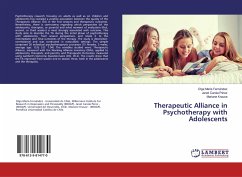While the literature is replete with studies that investigate Psychodrama as a method for working with individuals who suffer from the very serious problem of addiction, many are descriptive and do not employ a comprehensive theory of addiction to explain how or why this intervention might be effective. There is a dearth of research that systematically investigates what exactly changes in addicted clients as a result of psychodramatic intervention. This book links a particular formulation of Psychodrama (called Therapeutic Enactment) to the Adaptive Model of addiction (Alexander, 1990). Clients in 28-day residential treatment participated in Therapeutic Enactment as part of their program of recovery. Therapeutic Enactment sessions were videotaped and then observed by the co-investigator and participants. In-depth interviews were conducted after treatment intervention and again at three-month follow-up. Additional data sources included direct observations and documentation from client files. Qualitative data analysis revealed 16 reliable themes, the four most predominant being Self-Expression, Self-Awareness, Corrective Emotional Experience, and Change in Self-Schema.
Bitte wählen Sie Ihr Anliegen aus.
Rechnungen
Retourenschein anfordern
Bestellstatus
Storno

